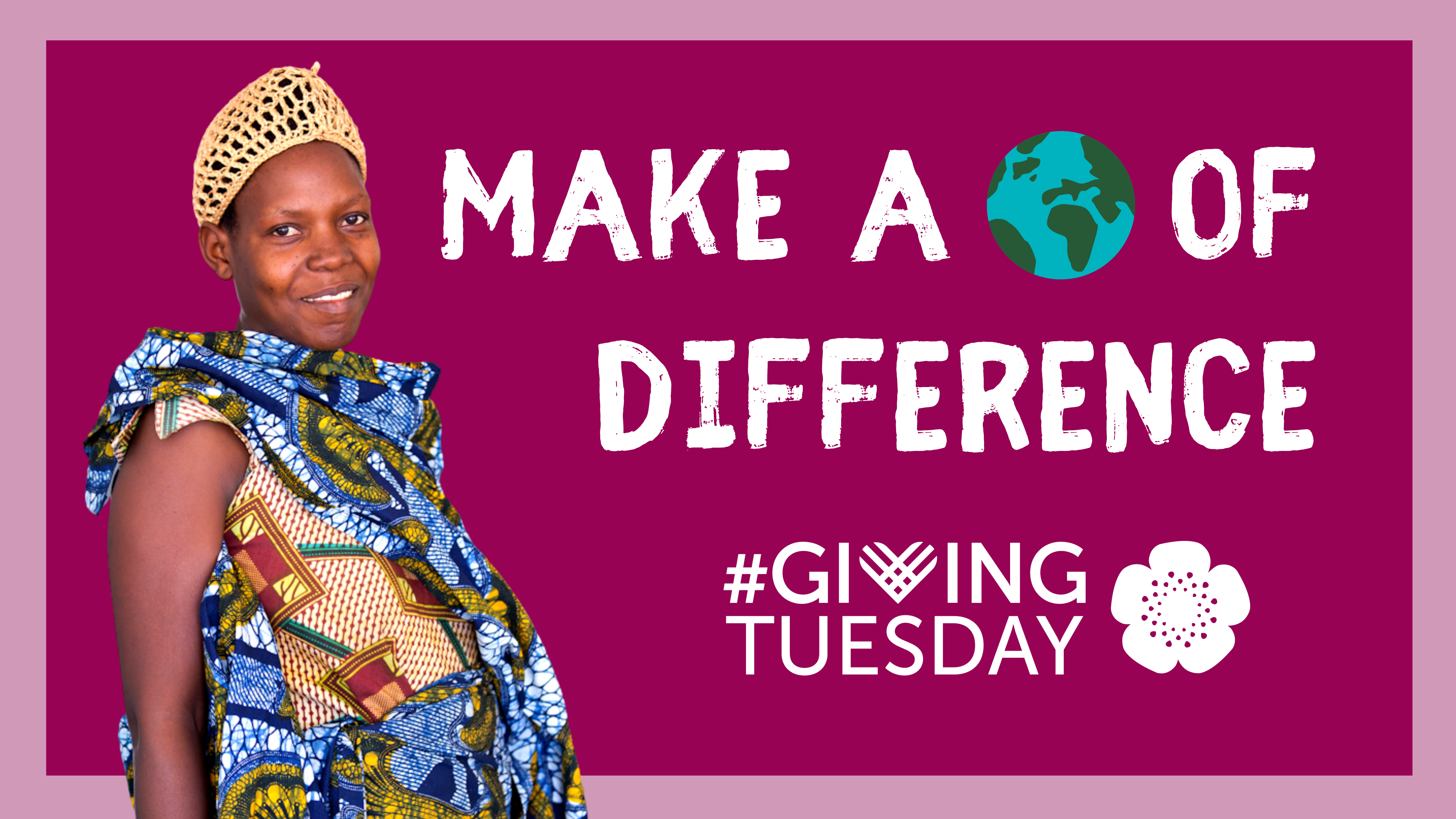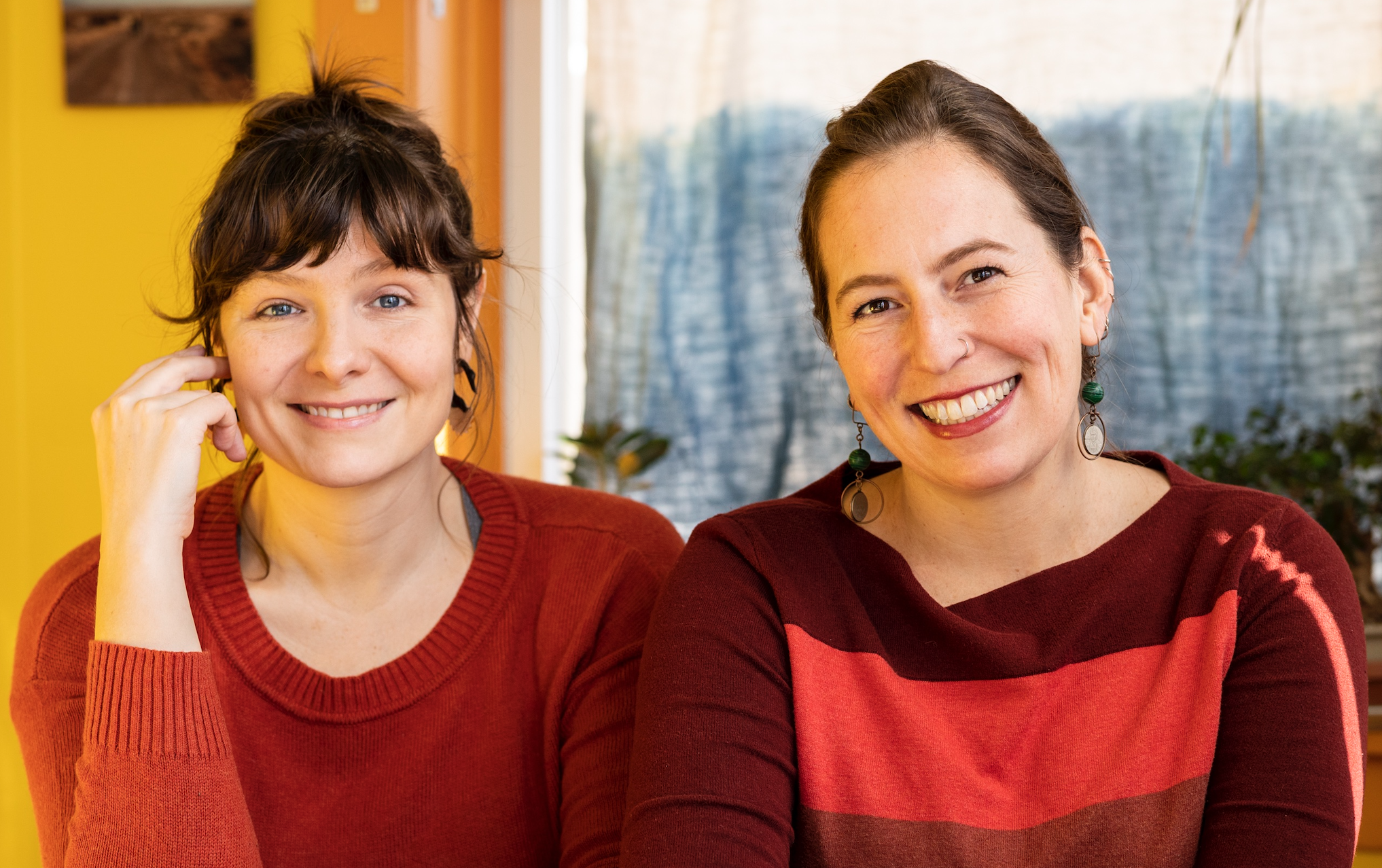
Investing in our health is something many of us are fortunate enough to be able to do, but this isn’t always the case. On a global and governmental scale, more could be done to prioritize and improve the health of women, and in turn, to improve their chances and opportunities generally. Investments in health are known to have recognized social and economic benefits as well as improving the lives of the individual and for women, this is more essential as care is predominantly skewed in the direction of men.
Women receive less evidence based clinical care than men and the male body is the most standardized for us in medical and biomedical research. In most countries, being born female puts you at an instant disadvantage, despite progression in much of the Western world. A global commitment to better health services, feminine healthcare and maternity care is essential to help ensure women have the opportunities they deserve. UN Women has a range of targets to reach. By 2030, they are committed to ensuring universal access to sexual and reproductive healthcare services, including family planning.
Many women don’t have the tools or education to understand their reproductive and sexual health. Even in the world’s most economically developed countries, menstruation is considered shameful and something not to be spoken about. Any health concern relating to female genitalia is considered embarrassing and for many women, is ignored until it becomes a serious problem. This is something that cannot continue.
Taking Steps Towards Change
Many organizations, private businesses and individuals are playing their part to push for better women’s health and building confidence in young women to fight for their health rights. Natasha Semago, CEO of VeeFresh, has taken her battle against bacterial vaginosis and women’s health autonomy and confidence around the globe.
In a world where intimate and feminine health is a taboo or shameful subject, Natasha has created a community where women and girls feel safe and empowered to discuss their health concerns and find the help and support they need. Her VeeBabes private Facebook group offers support to over 21,000 girls and women and provides a safe place to talk about everything and anything female-health focused. This is in addition to her natural products for treating the symptoms of bacterial vaginosis, after personally suffering with the condition and never being able to get relief or the right treatment.
Her work has taken her beyond the average American woman, with outreach programs reaching into less economically developed countries and others specifically targeting college students with sample packs and educational information. The VeeBabes movement is just one example of how we can do more to support women, girls, and the healthcare services available to them.
Why Women’s Health Matters
Deprioritizing the health of women below other issues has wider economic and societal effects. Treatment guidelines for many conditions, including some non-communicable diseases, are based on the symptoms experienced by men, leaving women misdiagnosed or untreated for a significant period. Women’s heart attack statistics are a clear example of where, due to unconscious bias and a naturally male-centered approach to medicine, women simply don’t get the same level of treatment.
Better women’s health is beneficial to us all. The health of mothers directly affects the health of their children and so every one of us needs women’s health to be prioritized for the best possible future. Former UN secretary general, Ban Ki-moon declared his wish for the 21st century to be the “century of women.” While changes are underway, more needs to be done to protect women in every nation, not just those considered less economically developed. Issues such as access to modern contraception and the products required for safe and sanitary menstruation need to be addressed directly, by men in power, as well as women, so they are considered a priority and women are able to have more body autonomy.
Ignoring women’s health and allowing women to continue with the belief that any health issue they experience, especially those relating to their sexual and reproductive health, is something to be ashamed of, will only serve to damage society further.
Taking a Stand for Change
To move forward and create an equal playing field for women across the board, their health concerns and lack of support specifically for women’s health has to be addressed. Pioneers like Natasha Semago, taking a stand for change and supporting women by providing them with safe spaces are essential for a fairer world and one where women feel able to seek the help they need when they have any health concerns.
Organizations including the UN recognizing the importance of prioritizing women’s health are working in tandem with non-profits and private companies doing their part to make a difference. This combination of forces should see the belief in the importance in women’s health turned into actions and change.

















